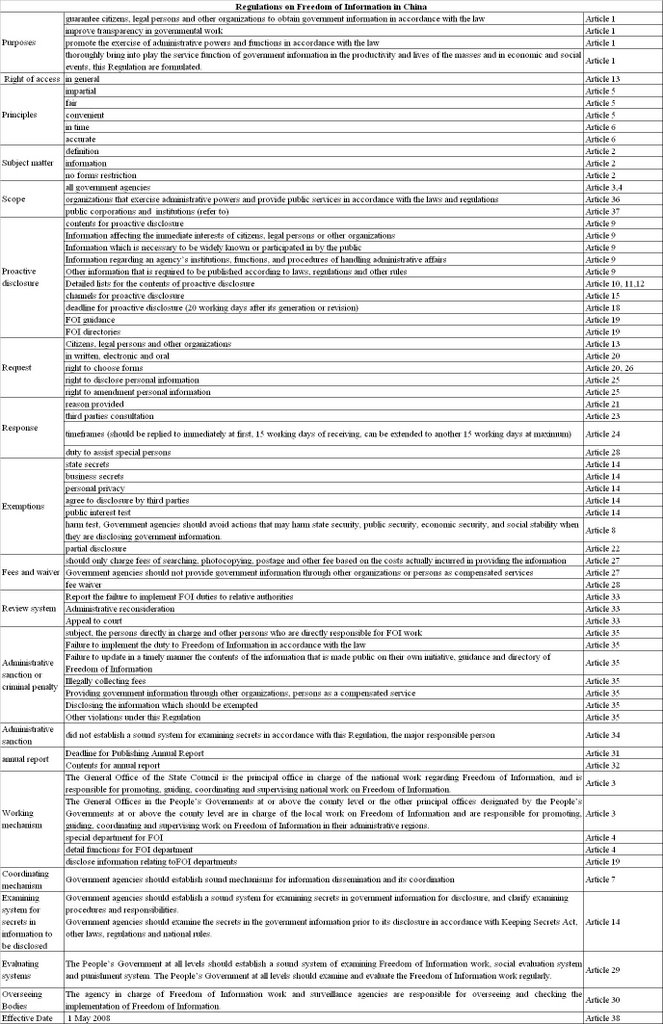An Ideal Model of FOI Legislation
According to the Organization for Security and Co-operation in
FOI Refusals must be grounded in law and must be made within the timeframes. Partial access is allowed. There are duties to assist requestors and to publish routine information on a regular basis. Exemptions should be clearly and narrowly defined. Class exemptions should be avoided. Harm and public interest tests are needed. More importantly, FOI legislation should have precedence over other laws. An office or officer should be designated to handle FOI requests. Central coordinating body and an independent oversight body should be established to promote FOI. Review system should not be the burden for requesters in any cases. Sanctions should be available in cases where it is shown that an official or body withholds information in violation of FOI legislation.
[1] Organization for Security and Co-operation in

No comments:
Post a Comment